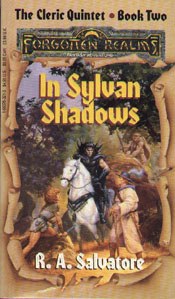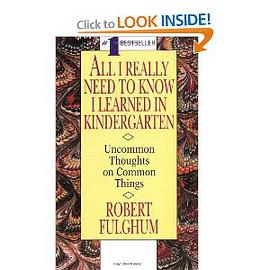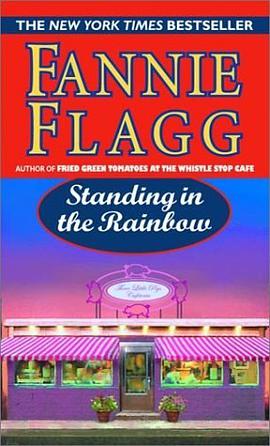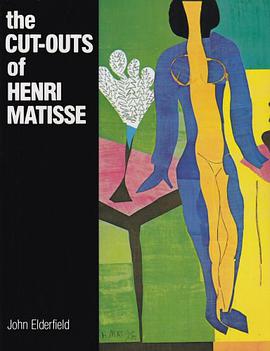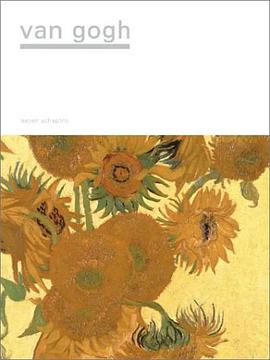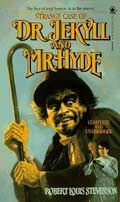
Book Description
This is the story of a single mother, Sibylla, who comes from a long line of frustrated talents, and her son Ludo, who just happens to be a genius. Obsessed with the film The Seventh Samurai, she makes it a running backdrop to Ludo's childhood. At five Ludo learns ancient Greek, reading Homer as they travel round and round on the London Underground, teaches himself Hebrew, Arabic, Inuit, probability theory, astronomy, and is moving on to Japanese when he decides to embark on the search for his father - preferably the perfect father in the heroic mould, or at the very least, one with samurai virtues. He is bound for disappointment, and to find out more than he needs about his mother's shaky past. And at the heart of this completely delightful, captivating novel is the boy's changing relationship with his mother - contradictory, touching, and tender.
Full of linguistic pyrotechnics, fabulous learning, philosophy, science, and the workings of a brilliant mind, this is a must-read novel for everyone who relishes language, extravagant ideas, game theory, science, parenthood, not to mention Kurosawa's cinematic masterpiece.
Amazon.com
Helen DeWitt's extraordinary debut, The Last Samurai, centers on the relationship between Sibylla, a single mother of precocious and rigorous intelligence, and her son, who, owing to his mother's singular attitude to education, develops into a prodigy of learning. Ludo reads Homer in the original Greek at 4 before moving on to Hebrew, Japanese, Old Norse, and Inuit; studying advanced mathematical techniques (Fourier analysis and Laplace transformations); and, as the title hints, endlessly watching and analyzing Akira Kurosawa's masterpiece, The Seven Samurai. But the one question that eludes an answer is that of the name of his father: Sibylla believes the film obliquely provides the male role models that Ludo's genetic father cannot, and refuses to be drawn on the question of paternal identity. The child thinks differently, however, and eventually sets out on a search, one that leads him beyond the certainties of acquired knowledge into the complex and messy world of adults.
The novel draws on themes topical and perennial--the hothousing of children, the familiar literary trope of the quest for the (absent) father--and as such, divides itself into two halves: the first describes Ludo's education, the second follows him in his search for his father and father figures. The first stresses a sacred, Apollonian pursuit of logic, precise (if wayward) erudition, and the erratic and endlessly fascinating architecture of languages, while the second moves this knowledge into the world of emotion, human ambitions, and their attendant frustrations and failures.
The Last Samurai is about the pleasure of ideas, the rich varieties of human thought, the possibilities that life offers us, and, ultimately, the balance between the structures we make of the world and the chaos that it proffers in return. Stylistically, the novel mirrors this ambivalence: DeWitt's remarkable prose follows the shifts and breaks of human consciousness and memory, capturing the intrusions of unspoken thought that punctuate conversation while providing tantalizing disquisitions on, for example, Japanese grammar or the physics of aerodynamics. It is remarkable, profound, and often very funny. Arigato DeWitt-sensei.
--Burhan Tufail
From Publishers Weekly
DeWitt's ambitious, colossal debut novel tells the story of a young genius, his worldly alienation and his eccentric mother, Sibylla Newman, an American living in London after dropping out of Oxford. Her son, Ludovic (Ludo), the product of a one-night stand, could read English, French and Greek by the age of four. His incredible intellectual ability is matched only by his insatiable curiosity, and Sibylla attempts to guide her son's education while scraping by on typing jobs. To avoid the cold, they ride the Underground on the Circle Line train daily, traveling around London as Ludo reads the Odyssey, learns Japanese and masters mathematics and science. Sybilla uses her favorite film, Akira Kurosawa's classic Seven Samurai, as a makeshift guide for her son's moral development. As Ludo matures and takes over the story's narration, Sibylla is revealed as less than forthcoming on certain topics, most importantly the identity of Ludo's father. Knowing only that his male parent is a travel writer, Ludo searches through volumes of adventure stories, but he is unsuccessful until he happens upon a folder containing his father's name hidden in a sealed envelope. He arranges to meet the man, pretending to be a fan. The funny, bittersweet encounter ends with a gravely disappointed Ludo, unable to confront his father with his identity. Afterward, the sad 11-year-old resumes his search for his ideal parent figure. Using a test modeled after a scene in Seven Samurai, he seeks out five different men, claiming he is the son of each. While energetic and relentlessly unpredictable, the novel often becomes belabored with its own inventiveness, but the bizarre relationship between Sibylla and Ludo maintains its resonant, rich centrality, giving the book true emotional cohesion. Foreign rights sold in Brazil, Canada, Denmark, Finland, France, Germany, Greece, Italy, the Netherlands, Norway, Portugal, Spain, Sweden and the U.K. (Sept.)
From Library Journal
DeWitt's first novel revolves around Sibylla, an American displaced in London, and her young son Ludo, both geniuses. Sibylla earns a bare living typing for mundane periodicals like Carpworld and International Cricketer, grudgingly squeezing her assignments between viewings of Kurosawa's classic film, Seven Samurai. Ludo, who has been reared on this film, decides to use the challenges it presents to find his own mysterious father. When he is disappointed with the real thing, he searches for a more acceptable candidate. The last half of the book is very readable and beautifully written, as Ludo discovers that perhaps the perfect father is nonexistent. Overall, however, the excessive display of erudition obstructs DeWitt's wonderful use of language and imagination. After spending too much time either trying to understand her rhetoric or skipping pages loaded with arcane languages or mathematical theories, readers may find it difficult to persist.
DPatricia Gulian, South Portland, ME
From Booklist
Ludo is a boy with an insatiable intellectual appetite, growing up in England in the 1980s. With his mother Sibylla's help, he learned to read at age 2 and mastered several languages by the time he was 4. As a single mother, Sibylla struggles to make a living at home, typing back issues of special-interest magazines. Mother and son are both fans of Akira Kurosawa's Seven Samurai, which they watch several times a week over many years. In spite of his very advanced education, Ludo is still a boy and longs to know the identity of his father, which Sibylla, critical in a condescending way toward much of the world, has withheld from him. Gradually, the narrative voice switches from Sibylla to young Ludo, endearing at first in his naiveteand later in his persistence. At 11, Ludo identifies and approaches seven potential father figures--among them a travel writer, a painter, a journalist, and a Nobel Prize^-winning astronomer. Eventually, his search and his encounters with some unusual characters lead him to a deeper understanding of both himself and his mother. There are stories within stories, layers upon layers in this fresh, fast-paced, wonderfully imaginative book. If it is a showcase for DeWitt's intellectual prowess, containing snippets of works in numerous foreign languages and many references to mathematics, music, and classic literature, it is also much more than that. It is a touching story of a child's maturing love and illuminates the ways in which a parent's issues can overtly or covertly affect the life of a child. Delightfully original, with foreign rights already sold in 14 countries, this novel will generate high demand.
Grace Fill
Book Dimension
length: (cm)22.7 width:(cm)16.8
具体描述
读后感
评分
评分
评分
评分
用户评价
相关图书
本站所有内容均为互联网搜索引擎提供的公开搜索信息,本站不存储任何数据与内容,任何内容与数据均与本站无关,如有需要请联系相关搜索引擎包括但不限于百度,google,bing,sogou 等
© 2025 qciss.net All Rights Reserved. 小哈图书下载中心 版权所有


